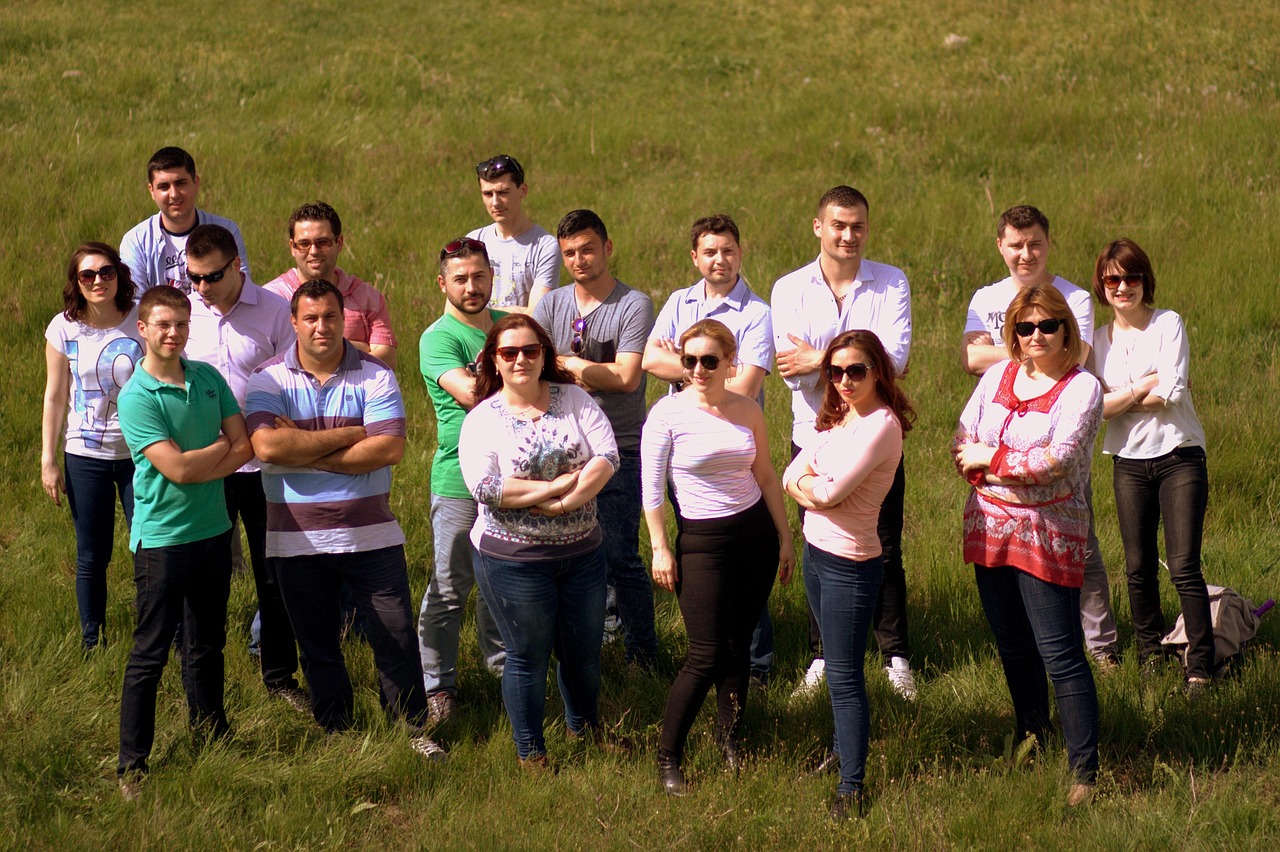Navigating the labyrinth of life is often best done with a solid support system. Whether you’re celebrating triumphs or weathering storms, the people you surround yourself with—your friend circle—play a crucial role in your overall well-being. But what makes a friend circle healthy and fulfilling, and how can you cultivate one that enriches your life? Let’s delve into the dynamics of friend circles and explore how to build and maintain meaningful connections.
What Defines a Friend Circle?
Defining the Scope
A friend circle isn’t simply a collection of acquaintances. It’s a group of individuals with whom you share a genuine connection, characterized by mutual respect, shared interests, and a desire to spend time together. It’s a social structure built on trust, support, and reciprocal affection.
- It can range in size from a small, intimate group of two or three to a larger, more diverse gathering.
- The dynamics can be fluid, with varying degrees of closeness among members.
- The circle can evolve over time as people’s lives change and new friendships are forged.
Distinguishing From Other Social Groups
It’s important to differentiate a friend circle from other social groups, such as work colleagues or hobby-based groups. While overlap is common, a friend circle implies a deeper level of emotional connection and commitment. While you might enjoy socializing with work colleagues, your friend circle consists of individuals with whom you feel comfortable sharing personal aspects of your life and rely on for emotional support.
For example, imagine Sarah, who attends a book club regularly. While she enjoys discussing literature with the other members, she considers only a few of them part of her core friend circle. These are the people she also texts throughout the week, grabs coffee with, and confides in about personal matters.
The Importance of a Strong Friend Circle
Emotional Well-being
A strong friend circle significantly contributes to your emotional well-being. Studies have shown a direct correlation between social connections and reduced stress, anxiety, and depression. Having friends to confide in, share experiences with, and receive support from can buffer against life’s inevitable challenges.
- Provides a sense of belonging and reduces feelings of loneliness.
- Offers a safe space to express emotions and receive validation.
- Helps in developing resilience and coping mechanisms.
For instance, consider a scenario where you’ve experienced a setback at work. Sharing your feelings with your friends, receiving their empathy, and gaining a different perspective can significantly alleviate your stress and help you approach the situation with a clearer mind.
Personal Growth
Friendships can foster personal growth by exposing you to new perspectives, challenging your beliefs, and encouraging you to step outside your comfort zone. A diverse friend circle can introduce you to different cultures, interests, and ways of thinking, broadening your horizons and enriching your life.
- Exposure to different viewpoints promotes empathy and understanding.
- Supportive friends encourage you to pursue your goals and passions.
- Constructive feedback from friends can help you identify blind spots and improve yourself.
Imagine having a friend who is passionate about a hobby you’ve never considered, like rock climbing. Their enthusiasm and encouragement might inspire you to try it, leading to a new passion and expanding your social circle.
Building and Maintaining a Healthy Friend Circle
Initiate and Nurture Connections
Building a friend circle requires intentional effort. Start by identifying people you connect with, whether at work, in your community, or through shared interests. Initiate conversations, suggest activities, and make an effort to get to know them on a deeper level.
- Join clubs, groups, or organizations that align with your interests.
- Attend social events and be open to meeting new people.
- Reach out to acquaintances and suggest grabbing coffee or lunch.
A practical example is joining a local hiking group. You’ll meet people who share your love for the outdoors, providing a natural foundation for friendship.
Be a Good Friend
Friendship is a two-way street. To cultivate strong relationships, be a good friend by being supportive, empathetic, and reliable. Listen actively, offer help when needed, and celebrate your friends’ successes.
- Be present and attentive when your friends are talking to you.
- Offer genuine compliments and acknowledge their achievements.
- Be there for them during challenging times and offer your support.
If a friend is going through a difficult breakup, offering a listening ear, helping them with practical tasks, and reminding them of their worth can make a significant difference.
Communication and Conflict Resolution
Open and honest communication is crucial for maintaining healthy friendships. Be willing to express your needs and boundaries, and be receptive to your friends’ perspectives. Conflicts are inevitable, but addressing them constructively can strengthen your bonds.
- Practice active listening and try to understand your friends’ points of view.
- Express your feelings calmly and respectfully.
- Be willing to compromise and find solutions that work for everyone.
For instance, if you feel a friend is constantly canceling plans at the last minute, address the issue calmly by explaining how it affects you and suggesting ways to improve communication.
Navigating Friend Circle Dynamics
Identifying Toxic Relationships
Not all friendships are healthy. It’s important to recognize and address toxic relationships that drain your energy, undermine your self-esteem, or negatively impact your well-being.
- Constant negativity, criticism, or judgment.
- Lack of reciprocity or emotional support.
- Feeling drained or exhausted after spending time with them.
If you consistently feel bad about yourself after interacting with a particular friend, it might be time to re-evaluate the relationship.
Managing Conflict and Drama
Conflict and drama are inevitable in any social circle, but it’s how you handle them that determines their impact. Avoid gossip, address issues directly, and focus on finding solutions rather than assigning blame.
- Don’t get involved in other people’s arguments or spread rumors.
- Communicate your concerns directly to the person involved.
- Set boundaries and avoid getting drawn into unnecessary drama.
If two of your friends are in conflict, offer a listening ear to both of them without taking sides or contributing to the negativity.
Conclusion
A thriving friend circle is an invaluable asset that enriches your life in countless ways. By understanding the dynamics of friendships, actively nurturing connections, and addressing challenges constructively, you can cultivate a supportive and fulfilling social network that enhances your emotional well-being, fosters personal growth, and provides a sense of belonging. Invest in your friendships, and they will, in turn, invest in you.




